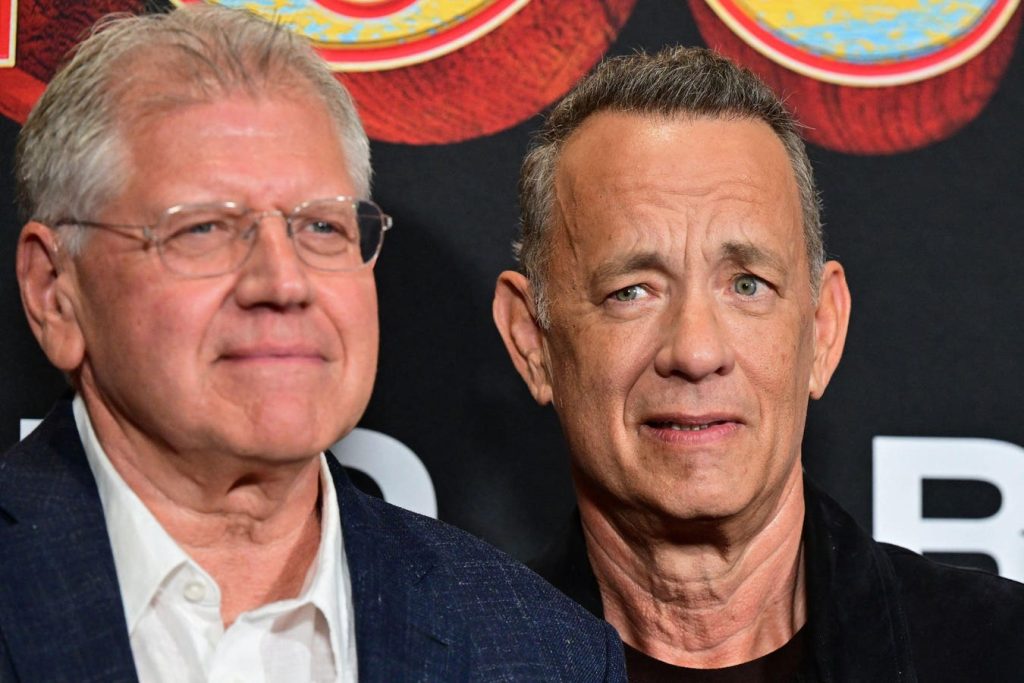The “Daily AI Show” podcast hosted by Andy Halliday and his co-hosts discussed the possibility of an AI movie winning an Oscar within the next seven years. They debated whether a film featuring de-aged actors created using Metaphysic AI could potentially win an Academy Award for best picture or special effects. They also highlighted the cost-saving potential of AI in the special effects and animation pipeline, predicting that AI will play a significant role in reducing production costs for movies in the near future.
One of the most intriguing uses of AI in entertainment is the concept of films created or hallucinated by AI from a prompt. This could lead to the emergence of a new genre where films are imagined with very limited human intervention. The panelists discussed their experiences with synthetic media and the possibilities it offers for creating immersive and engaging content. However, they also noted that it may take the Academy a decade or more to fully accept this new genre as legitimate, given the age demographic of its members.
While AI is being used in various industries as a tool to enhance productivity, the entertainment industry has been slower to fully embrace it due to legal and copyright concerns. Additionally, the resistance from unionized studios further complicates the adoption of AI in filmmaking. Despite this, there is a recognition that AI will play a significant role in areas such as marketing and recommendation engines for streaming services.
The panelists also touched on the potential for AI to assist in the writing process, with AI serving as a co-pilot for skilled writers rather than taking over the creative process entirely. They emphasized that AI in writing is meant to streamline the process and make it more efficient, rather than replace human creativity. The discussion concluded with the acknowledgement that AI will revolutionize the entertainment industry in many ways beyond just awards recognition, but it will take time for the industry to fully embrace these changes.
In conclusion, the discussion on the “Daily AI Show” highlighted the potential impact of AI on the entertainment industry, particularly in areas such as special effects, content creation, and marketing. While the possibility of an AI-generated film winning an Oscar within the next seven years remains uncertain, the panelists emphasized the transformative power of AI in streamlining and enhancing the filmmaking process. As the industry grapples with the challenges and opportunities presented by AI, it is clear that AI will continue to play a significant role in shaping the future of entertainment.













